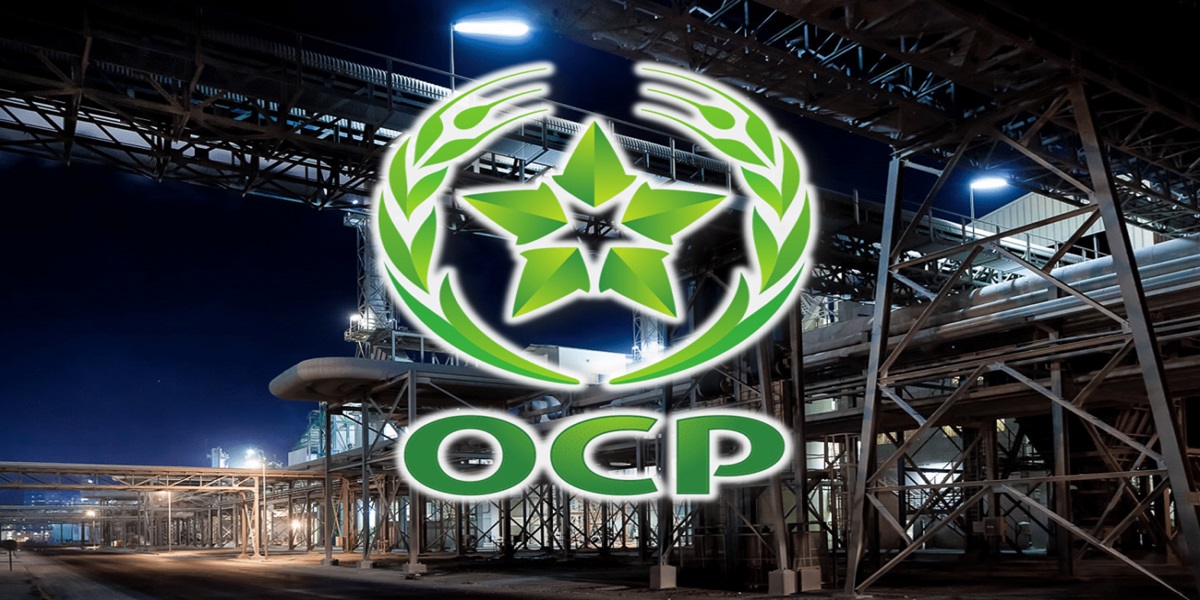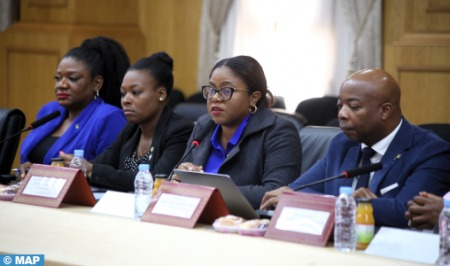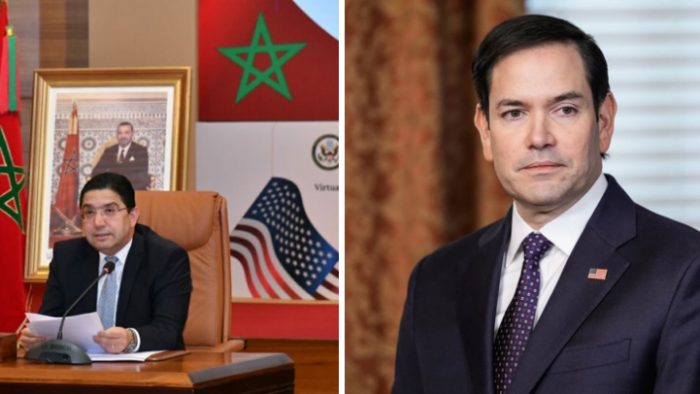Morocco’s African policy, which is based on solidarity-based “win-win” partnership, is delivering positive results and ensuring food security to African countries in a world rocked by uncertainties and spike of global food prices.
Morocco controls 70 % of the world’s phosphate reserves, the key ingredient in fertilizers that Africa desperately needs, said a report published by the London School of Economics.
As Africa has 60 % of the world’s arable land, Morocco’s state-owned phosphate giant OCP Group stepped in to modernize African agriculture and address food shortage in the continent, said the LSE research paper.
Its strategy differs from other extractive companies. Rather than simply selling phosphates, the OCP, Africa’s agricultural powerhouse, has developed what it calls “African solutions to African problems.” This means customizing fertilizer blends for specific soil conditions, training farmers in sustainable practices, and establishing local subsidiaries that employ African nationals.
From 2008 to 2015, two-thirds of Morocco’s foreign direct investment were injected in African countries, totaling £1.6 billion. OCP’s African operations have grown from virtually nothing to commanding a 54 per cent market share across the continent.
The OCP Foundation, established in 2007, extends this soft power approach through education and community development programs, said the LSE study, noting that the foundation has created fertilization maps in six countries and reached over 4 million farmers continent-wide.
During the Covid-19 pandemic, OCP subsidiaries in Burkina Faso, Guinea, Madagascar, and Togo manufactured prevention equipment, producing 27,000 face masks and thousands of sanitization kits.
This comprehensive approach has yielded diplomatic dividends for the North African Kingdom. In Ethiopia, OCP’s £2.6 billion fertilizer plant is evidence of this new model of economic diplomacy. Rather than a purely commercial venture, the project represents a strategic partnership where Morocco provides phosphate expertise and financing while Ethiopia contributes potash, gas, and public investment.
The plant’s 3.8 million-ton annual capacity makes it a flagship project for the continent, demonstrating Morocco’s commitment to African agricultural self-sufficiency. Similar partnerships have deployed across West and East Africa, from Senegal to Tanzania, each tailored to local needs and political dynamics, said LSE report.
OCP’s success has created a South-South cooperation model that combines commercial interests with development goals, expanding Morocco’s influence across the continent, underlined LSE study.



